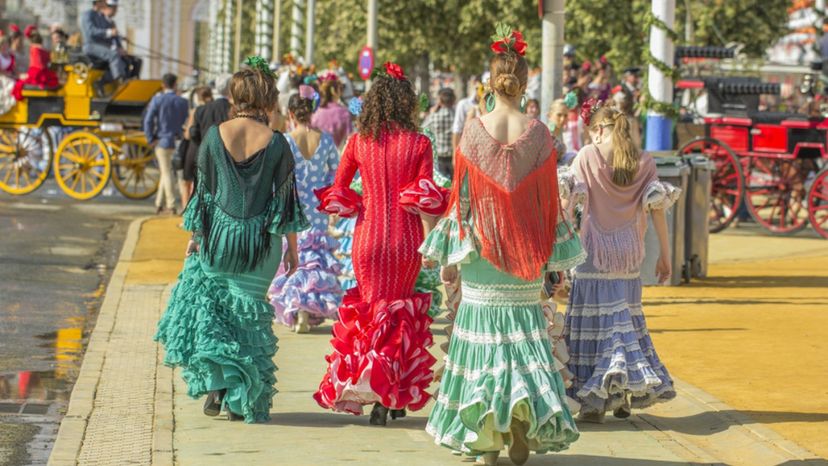
About This Quiz
Buenos dias, amigos! If you're interested in Spanish -- and the fact that you're reading this suggests that you are -- we've got a few facts to whet your appetite for our quiz.
First: more than 400 million people worldwide speak Spanish, making it the second-most spoken language on the planet. Only Chinese has more speakers. Second: Spanish speakers can be found on nearly every continent, with the largest number in South America, followed by North America and Europe. Third: Spanish is the official language of 21 nations.
With such a worldwide domain, Spanish has a lot of regional variations. In fact, in Spain, you'll sometimes hear the language called "Castellano," identifying Spain's particular variety of the language, called Castilian Spanish. There are a lot more regional differences in Spanish, most of them dealing with what individual words and phrases mean. So there are plenty of opportunities to make a faux pas! It's best to stick to the basics until you learn what means what. As with English, there are plenty of innocent-seeming words that actually have sexual meanings!
With all that in mind, we've put together this quiz on some essential Spanish words and phrases. Do you know "bien" from "bueno," or "tardes" from "noches"? Prove it now with our quiz!
Advertisement
Advertisement
Advertisement
Advertisement
Advertisement
Advertisement
Advertisement
Advertisement
Advertisement
Advertisement
Advertisement